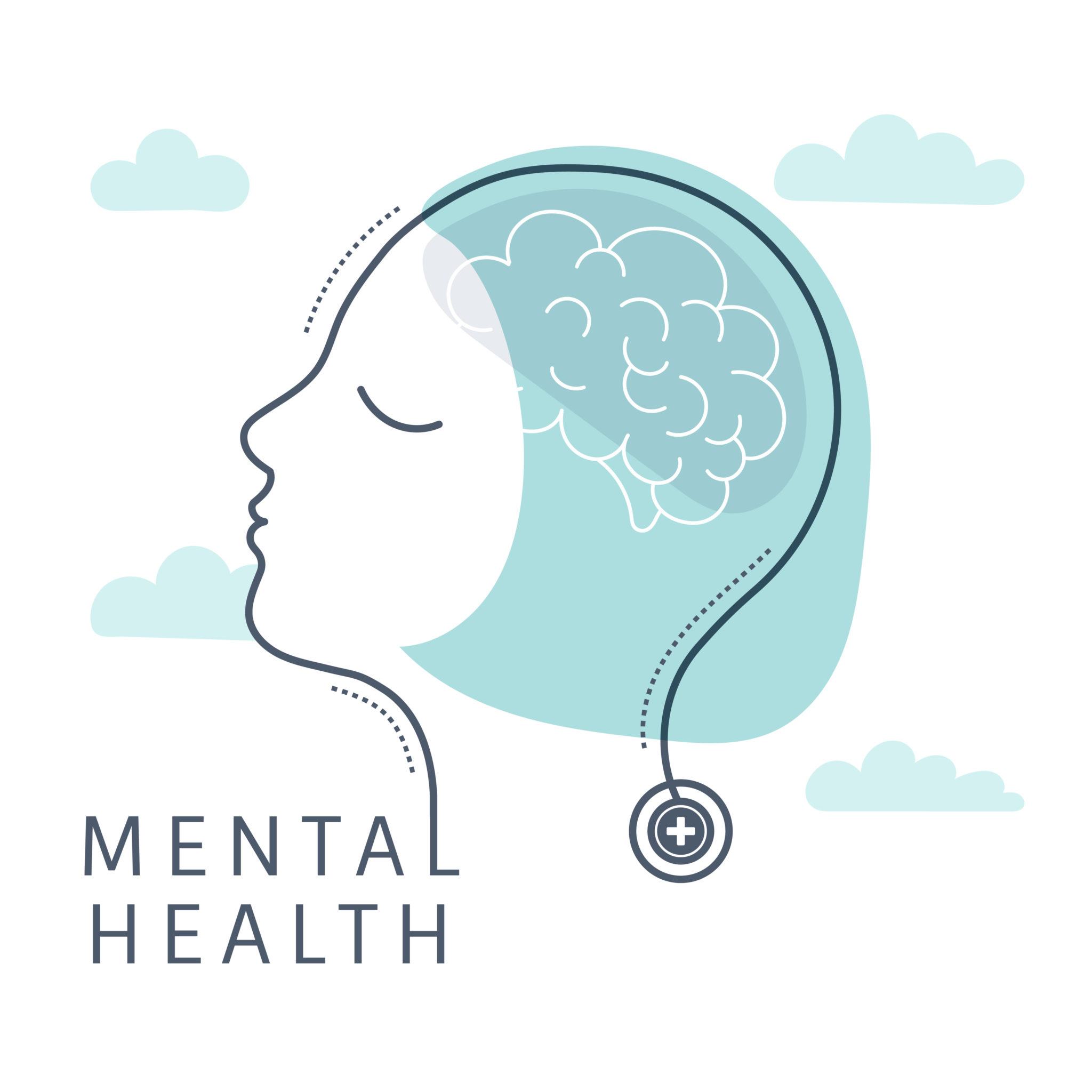In November the Queensland Mental Health Commission’s Leading Reform Summit 2019 was held over two days in Brisbane. The Summit was comprehensive in exploring a range of issues related to Queensland’s mental health, alcohol and other drugs (AOD) and suicide prevention sector.
Hearing from young people about their own expectations or lived experiences with the mental health, AOD and suicide prevention systems and services was a highlight. Matthew Caruana spoke about his experiences with his own mental health, suicide attempts and disability in a way that reminded us how important it is to talk to people when we are struggling. Especially how important it is that young people have people to talk to. Willow spoke about her experience as a trans girl and shared information about a podcast she was involved in.
Leilani Darwin talked about best practice in Aboriginal and Torres Strait Islander suicide prevention and shared a video put together by a collective of young people asking the wider community to listen with their hearts to the lived experiences of Aboriginal and Torres Strait Islander young people, their friends, families and communities. She asked all to consider the role they play in addressing the impacts of racism and the alarming rates of suicide amongst Aboriginal and Torres Strait Islander young people.
Professor John Mendoza talked about the high rates of male suicide, despite the significant efforts over time to reduce this. He talked convincingly about the need to re-frame our conversations about mental illness and suicide and talk about mental health instead. He encourages practitioners to “apply what we know about ways to engage men and boys in their health and wellbeing”.
There were way too many insightful presentations for us to do justice in summarising the two days of the Summit. The last gem we’ll share is the work of White Box Enterprises, working in partnership with the Queensland Government and the Paul Ramsay Foundation to use social enterprise as a tool to create 5000 jobs for Queensland’s most vulnerable young people by 2030.


